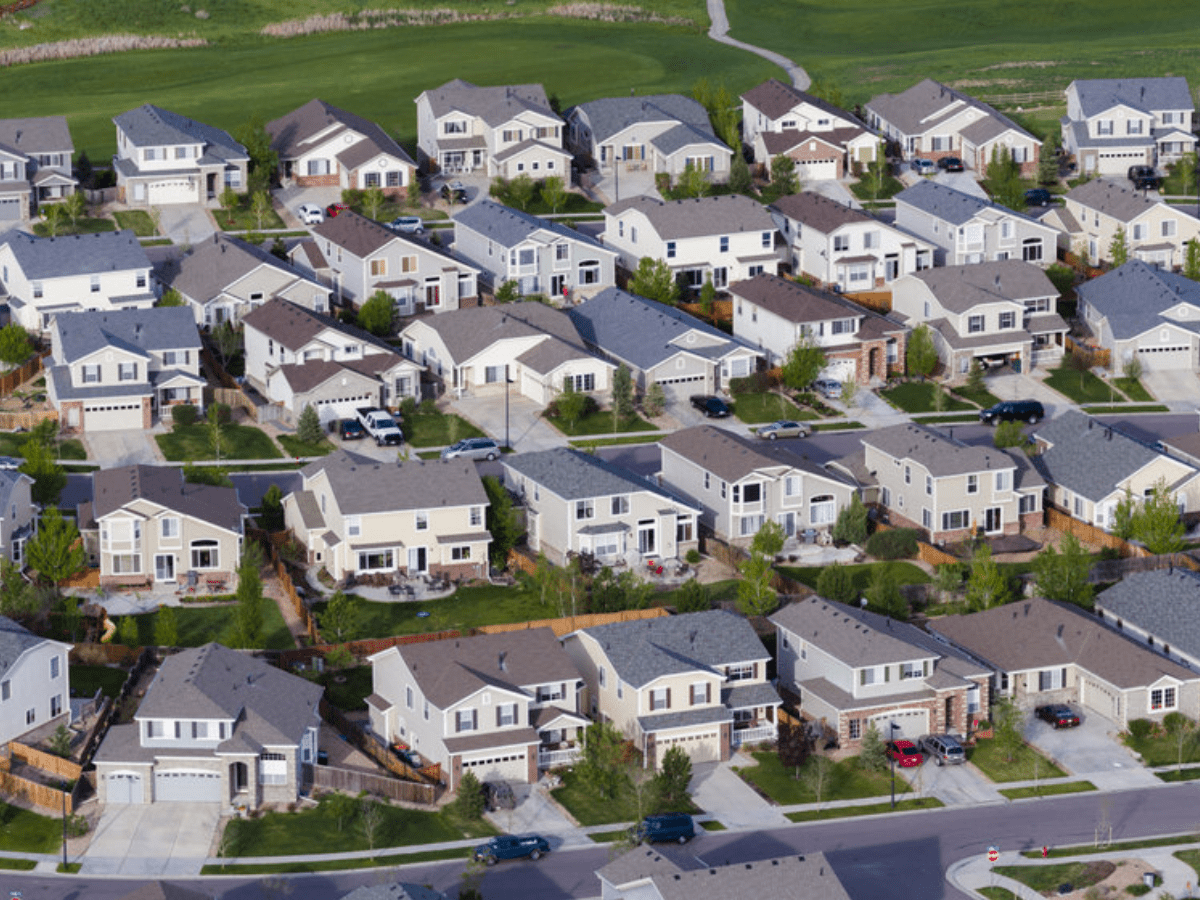
Florida Considers Abolishing Property Tax as Home Prices Explode
Florida has long lured newcomers with its sandy beaches, palm trees, the promise of endless sunshine and no state income tax. But these days, paradise comes at an unbearable price tag. As home prices there explode and insurance costs rocket, squeezing residents, lawmakers are now toying with a radical fix: abolishing property tax altogether. It’s an idea that could upend Florida’s finances—and one that’s already setting off a political firestorm.
In cities like Orlando and Tampa, median home prices have more than tripled since 2012; in Miami, they’ve quadrupled. On top of that, insurance premiums now average $3,731 a year, nearly double what they were in 2018. And for many, property taxes are the final insult.
“People are getting crushed—not just by home insurance but by property taxes,” warns Republican state Senator Jonathan Martin, who is spearheading efforts to scrap them. The American dream in Florida now comes with a five-figure annual tax bill to the local government, he says.
Can the state afford to do away with its most reliable revenue source? And if it does, who picks up the tab?
A Growing National Trend
Florida’s tax revolt is not an isolated flare-up. Across the country homeowners are pushing back as soaring property values translate into ever-larger tax bills. Since 2020, home prices have leapt 27% in real terms, according to the Tax Foundation, and states like Wyoming, Kansas and Montana are scrambling to rein in property taxes. Even North Dakota, where voters recently rejected a ballot measure to abolish them entirely, has felt the rumblings of discontent.
Jared Walczak of the Tax Foundation sees echoes of the tax revolts of the 1970s and 1980s, which led to landmark measures like California’s Proposition 13 that capped property taxes. “You’re seeing a groundswell of opposition to property taxes generally,” he notes.
The Florida Experiment
In Florida the push to overhaul property taxes is gaining momentum. Dozens of bills have been filed in the current legislative session, ranging from full repeal to smaller tweaks like expanding homestead exemptions, which lowers the taxable value of a primary residence. Governor Ron DeSantis has thrown his weight behind the effort, urging lawmakers to provide relief and even suggesting a constitutional amendment to abolish or cut property taxes by 2026.
Yet property taxes are a lifeline for local governments. They fund schools, police, parks and social services. In Florida, where there’s no state income tax, property taxes account for 18% of county revenue, 17% of municipal revenue and a towering 50% to 60% of school district revenue. Eliminating them would leave a gaping hole in budgets—one that would likely need to be filled by doubling the state’s sales tax to 12%, according to the Florida Policy Institute.
For many homeowners, the dream of settling into a forever home is turning into a trap. What once seemed like a digestible expense—property taxes—has become an unpredictable burden, growing faster than paychecks or retirement savings. Each reassessment brings another round of sticker shock, forcing tough decisions: stretch the budget even thinner, dip into savings or pack up and leave.
The Political Divide
Even though the idea of eliminating property taxes has bipartisan appeal, consensus quickly unravels when it comes to execution or its viability. Republicans like Governor DeSantis and Representative Ryan Chamberlin point to waste and inefficiency in local governments as a probable source of savings, arguing that that could reduce the need for property taxes. Chamberlin also suggests boosting sales taxes or levies on tourists to make up the difference.
Yet Democrats and even some Republicans are skeptical. Miami-Dade County Mayor Daniella Levine Cava warns that eliminating property taxes would mean a $3 billion loss of revenue for her county alone, forcing “extremely drastic public safety cuts.” Democratic state Representative Anna Eskamani worries that replacing property taxes with a higher sales tax would disproportionately hurt lower-income residents. It’s a terrible idea, she says. “Sales tax revenue is less dependable and more regressive.”
Even Republican state Senator Don Gaetz is cautious. “The question is what will replace personal property taxes,” he says. “I have not seen any proposal that eliminates property taxes, replaces them with a fairer or better tax, and ensures that local governments will still have the funds to operate efficiently.”
While full repeal seems unlikely, targeted relief—like expanded exemptions for seniors or primary residences—could be on the table. And with Governor DeSantis eyeing a 2026 ballot measure, the issue is sure to stay in the spotlight.



